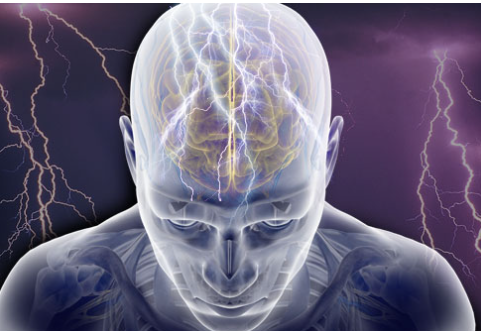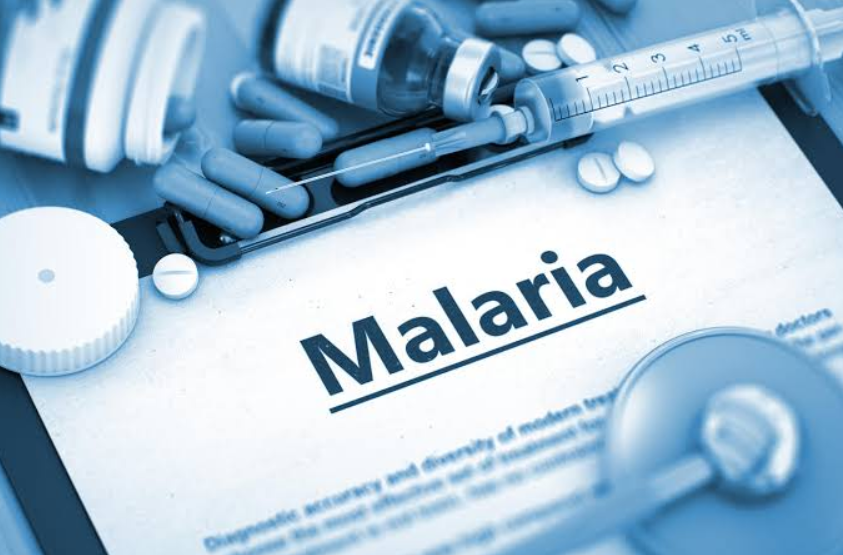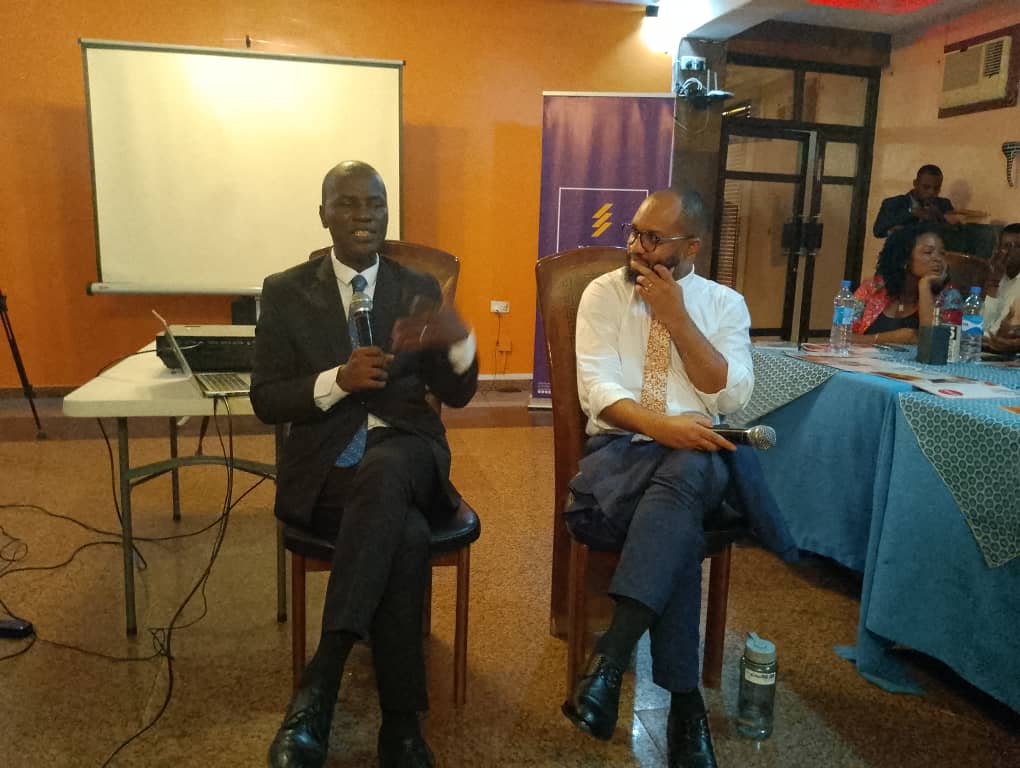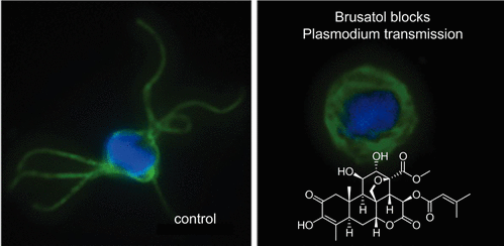Here is Musa’s story showing the human face of the broader issue of brain health and access to neurological medicines, reports JOKE KUJENYA
IT WAS midday at his high school.
It wasn’t up to thirty minutes after young Musa Adamu, a JSS3 student ran out of his classrooms with his peers onto the field to have a short break.
No one could actually explain what triggered his seizures. But he’s been having the condition for a number of years without medications giving any succour.
He was just seen jerking and convulsing with something whitish oozing out of his mouth.
At first, every activity came to a sudden halt, and every person in that school compound froze.
No one had ever seen such a scenario in that school located in Angwa-Rimi area of Zaria in Kaduna State, in north central Nigeria.
His story highlights the human aspect of the statistics on the insurgence of brain health problems.
In rural Zaria, the young lad Musa struggles with epilepsy.
His parents said they couldn’t afford the necessary medicine and so, often watched helplessly each time their son was gripped by epileptic seizures which seemed to worsen by the day.
One day, he had a seizure at school. He fell and injured himself, leading to a lengthy hospital stay.
The family sold their livestock to cover the costs.
Musa’s condition improved when the local health clinic received a new supply of epilepsy medicine through a special procurement initiative.
His seizures became less frequent, and he could attend school regularly.
Musa’s mother, Hadiza, expressed relief.
“Seeing my son play and learn like other children is a miracle,” she said. “We need these medicines to keep our children healthy.”
Musa’s story is one of many and emphasizes the urgent need for accessible neurological medicines.
Without them, families continue to suffer.
Access to Neurological Medicines Still Limited Despite Advances – WHO Report Reveals
On July 22, 2024, World Brain Day (WBD) focused on Brain Health and Prevention.
The essence was to drive messages on disease prevention and health promotion.
As part of the global organizations with concerns on WBD, WHO’s latest report and actions it proposes offer hope and provide a pathway to ensure stories like Musa’s become tales of triumph, not just struggle.
In particular, disease prevention involves specific interventions on both population and individual levels, addressing primary and secondary prevention to mitigate the impact of diseases and associated risk factors.
As the new WHO report highlights the barriers preventing access to these essential drugs; it shows that neurological medicines have seen significant advances, but they remain out of reach for many.
Dévora Kestel, Director of WHO’s Department of Mental Health, Brain Health, and Substance Use, stressed the impact.
“Quality of life can improve for those with neurological disorders if they get the medicines they need,” she said.
However, these treatments are often too expensive or simply unavailable.
Neurological disorders are the top cause of disability worldwide. Over 80% of related deaths and health issues occur in low- and middle-income countries.
The treatment gap, or the difference between those needing treatment and those receiving it, is huge.
In low-income countries, it exceeds 75%, while in middle-income countries, it’s over 50%.
Epilepsy shows a stark example.
In low-income countries, 90% of people with epilepsy do not get the treatment they need.
That’s 9 out of 10 people left without necessary care.
The WHO report identifies several barriers to accessing neurological medicines.
These include poor health financing, high drug costs, and inadequate healthcare infrastructure.
Lack of public awareness and insufficient healthcare provider training also play roles.
National drug selection and regulatory issues further limit access.
Health inequities exacerbate these problems.
People in low- and middle-income countries, those living in poverty, rural areas, and vulnerable groups face the greatest challenges.
These inequities hinder the goal of universal health coverage.
The WHO report provides a framework for action.
It calls for multi-level, multi-sectoral efforts to improve access to these essential medicines.
Proposed actions cover policy, regulation, health infrastructure, and education.
The report also stresses the need for collaboration at all levels and the inclusion of people with lived experiences.
Christophe Rerat, Senior Technical Officer in WHO’s Medicines and Health Products Division, highlighted the report’s alignment with the WHO Roadmap for access to health products.
“We have a robust set of actions and a clear way forward to improve access to these essential medicines,” he said.
The report supports the Intersectoral global action plan on epilepsy and other neurological disorders (IGAP) 2022–2031.
This plan aims to scale up access to essential medicines and technologies for managing these disorders by 2031.
Some countries are making progress. Ghana has updated its national essential medicines list to include several neurological drugs.
Tanzania is establishing a national committee for epilepsy and other neurological disorders.
The country’s Medical Stores Department is procuring special medicines to address access gaps.
The 2024 National Health Insurance Fund package in Tanzania now includes drugs for epilepsy and Parkinson’s disease.
These steps represent significant moves towards better treatment access for those with neurological disorders.
Yet, much work remains to ensure these life-changing medicines reach all who need them.

About Brain Health
By WHO
BRAIN HEALTH is the state of brain functioning across cognitive, sensory, social-emotional, behavioural and motor domains, allowing a person to realize their full potential over the life course, irrespective of the presence or absence of disorders.
Different determinants related to physical health, healthy environments, safety and security, life-long learning and social connection as well as access to quality services influence the way our brains develop, adapt and respond to stress and adversity.
These give way to strategies for promotion and prevention across the life course.
Optimizing brain health by addressing these determinants not only improves mental and physical health but also creates positive social and economic impacts that contribute to greater well-being and help advance society.
However, conditions affecting the brain and nervous system in general emerge throughout the life course and are characterized by disruptions in brain growth, damage to brain structure and/or impaired brain functioning.
These include for example congenital and neurodevelopmental conditions as well as neurological disorders across the life.
Health and social care for these conditions require multisectoral and interdisciplinary collaborations with a holistic person-centred approach focused on promotion, prevention, treatment, care and rehabilitation and the active engagement of persons with lived experience, their families and carers.
At JKNewsMedia, our dedication to delivering reliable news and insightful information to our cherished readers remains unwavering. Every day, we strive to provide you with top-notch content that informs and enlightens. By donating to JKNewsMedia, you directly contribute to our mission of delivering quality journalism that empowers and informs. Your support fuels our commitment to bringing you the latest updates and in-depth analysis. Let's continue to uphold the highest standards of journalism and serve our community with integrity and dedication. Thank you for being a part of the JKNewsMedia family and for your ongoing support.





